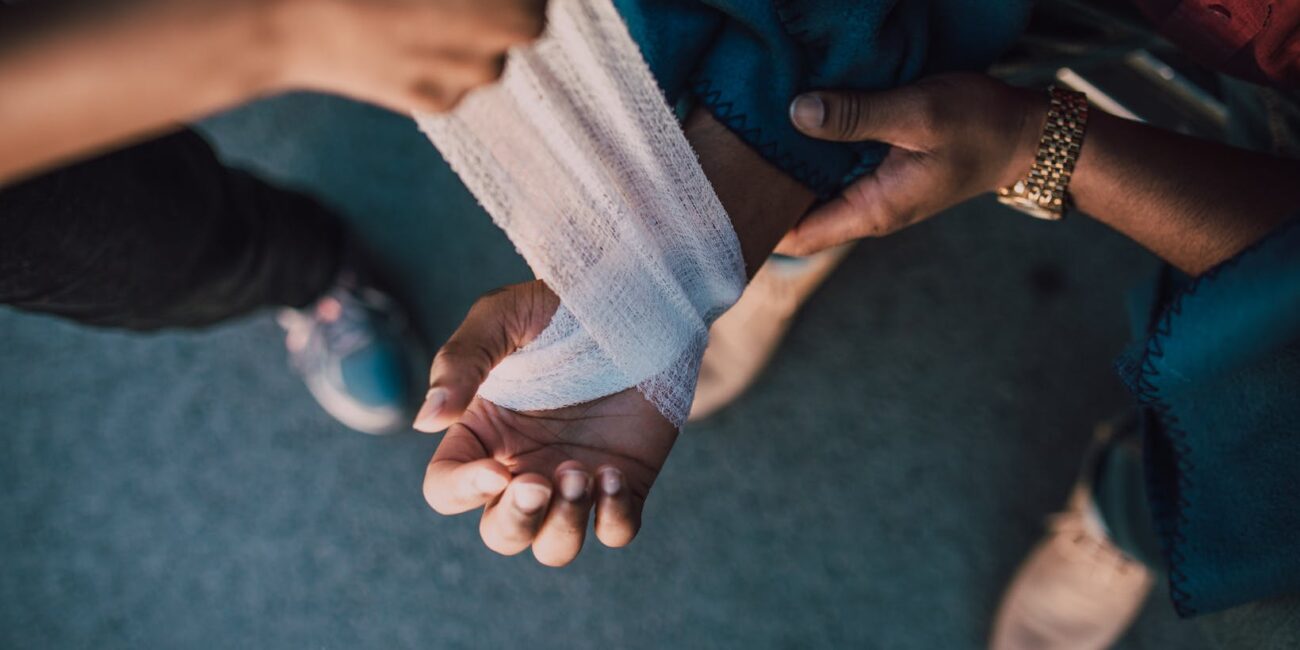Sixteen U.S. states require motorists to have PIP (personal injury protection). Washington State does not. Despite this, all Washington State drivers have the option to obtain PIP coverage from an insurance carrier.
This means drivers must be able to get PIP as an add-on to their existing car insurance policy. PIP coverage may be capped at $35,000 in Washington, but it does not limit a driver’s ability to sue another after an accident.
What Is PIP Coverage?
PIP, or no-fault insurance, pays for medical bills and other costs related to a vehicle accident. The payout does not depend on who caused the accident.
PIP is part of vehicle insurance and covers the hospital expenses for policyholders and passengers. It pays out even if the passengers do not have health insurance.
Because PIP is limited, health insurance policies may have to cover extra expenses. Coverage is typically limited for each person, especially if many parties sustain injuries during an accident.
How Does PIP Work in Washington State?
In Washington State, PIP covers up to $10,000 for urgent medical and hospital expenses for each injured person. The PIP benefit is available for three years from the accident date. The $35,000 cap applies to additional coverage for extensive medical treatment.
Moreover, PIP will cover around $2,000 in funeral expenses for persons who died in an accident.
If an accident leads to income loss, PIP provides a maximum of $200 per week to stop the gap. The limit for this benefit is $10,000 in total. This benefit is available for one year after the accident and only if someone is disabled for two consecutive weeks.
If you can no longer do household chores due to injuries sustained, PIP coverage will pay around $200 per week so that someone else can do the work for you. The total limit is $5,000. If you add additional coverage to this benefit, you will enjoy a total benefit of $14,600.
Benefits of PIP Coverage
There are several benefits to having PIP insurance if you live in Washington State, even if it is not compulsory.
PIP ensures you have enough funds to survive and take care of your family between the accident and the compensation payout. You may sue for general damages or file a claim with your insurance, but in both instances, it will take time to receive the funds.
In the meantime, you will have medical bills piling up and still have to buy groceries and other essentials. PIP can help you cover all these costs while you wait for claims to pay out.
PIP provides the financial support you need, whether you were to blame for the accident or not. This is an incredible benefit when it is unclear who caused the accident or if the fault is shared.
Moreover, PIP also covers pedestrians. So, if you are walking down the road and get hit by a car, the driver’s PIP policy can help pay for medical bills and lost income.
Is PIP the Same As Liability Insurance?
Drivers often confuse PIP with liability insurance, but these are two different insurance options. As mentioned above, PIP covers policyholders and passengers, regardless of who is at fault for the accident.

Liability insurance covers medical expenses for the third party and not the policyholder. This happens when the policyholder is at fault for the accident. Furthermore, liability insurance is required in all states.
If you sustain injuries in an accident you caused, liability insurance does not cover your medical expenses.
Factors to Consider With PIP
State-mandated minimum PIP coverage amounts are rarely enough to cover medical expenses, especially after serious accidents. It is crucial to get additional coverage to ensure you have enough funds to pay extra expenses should you be involved in an accident.
PIP coverage cannot replace your existing health insurance but can supplement it. Just familiarize yourself with the coordination of both policy’s benefits and the rules on when each one pays out.
Having PIP coverage does not mean you will have no challenges when claiming. You must keep all the evidence and documentation after an accident to support your claim.
Is PIP Right for You?
Generally speaking, you should not be without PIP coverage, whether your state requires it or not. If you commute to and from work daily or drive in high-traffic areas, the risk of an accident increases. PIP can give you peace of mind when traveling.
Also, if you do not have enough savings or health insurance, PIP can cover some of your expenses should you be involved in an accident. Having no safety net may bankrupt you, which is a difficult situation to overcome.
Even if you believe you have enough financial stability to forego PIP coverage, you should still consider getting it. You never know the extent of damage and injuries an accident can cause. So, it is always better to be overprepared than not prepared at all.
How Much Does PIP Cost in Washington State?
If you want $10,000 PIP coverage, it will cost you around $31 and increase your total car insurance premium to just over $100. If you prefer $100,000 PIP coverage, you will pay around $82 per month, and your insurance premium will increase to around $156.

Remember that your specific premium will depend on how much coverage you want, your driving record, and even your insurance provider.
What to Do If Your PIP Claim Is Denied
If you have to file a claim and it is denied, you can appeal the decision. Lodge a formal appeal outlining why you believe the claim should be approved. An attorney can also help you in this situation.
PIP Coverage Is An Incredible Asset
Though PIP coverage may not be a one-size-fits-all solution, for Washington drivers, it can provide that extra bit of financial support after an accident. Do not wait for something to happen before getting PIP. Consider investing in this coverage today to ensure you have future protection.



